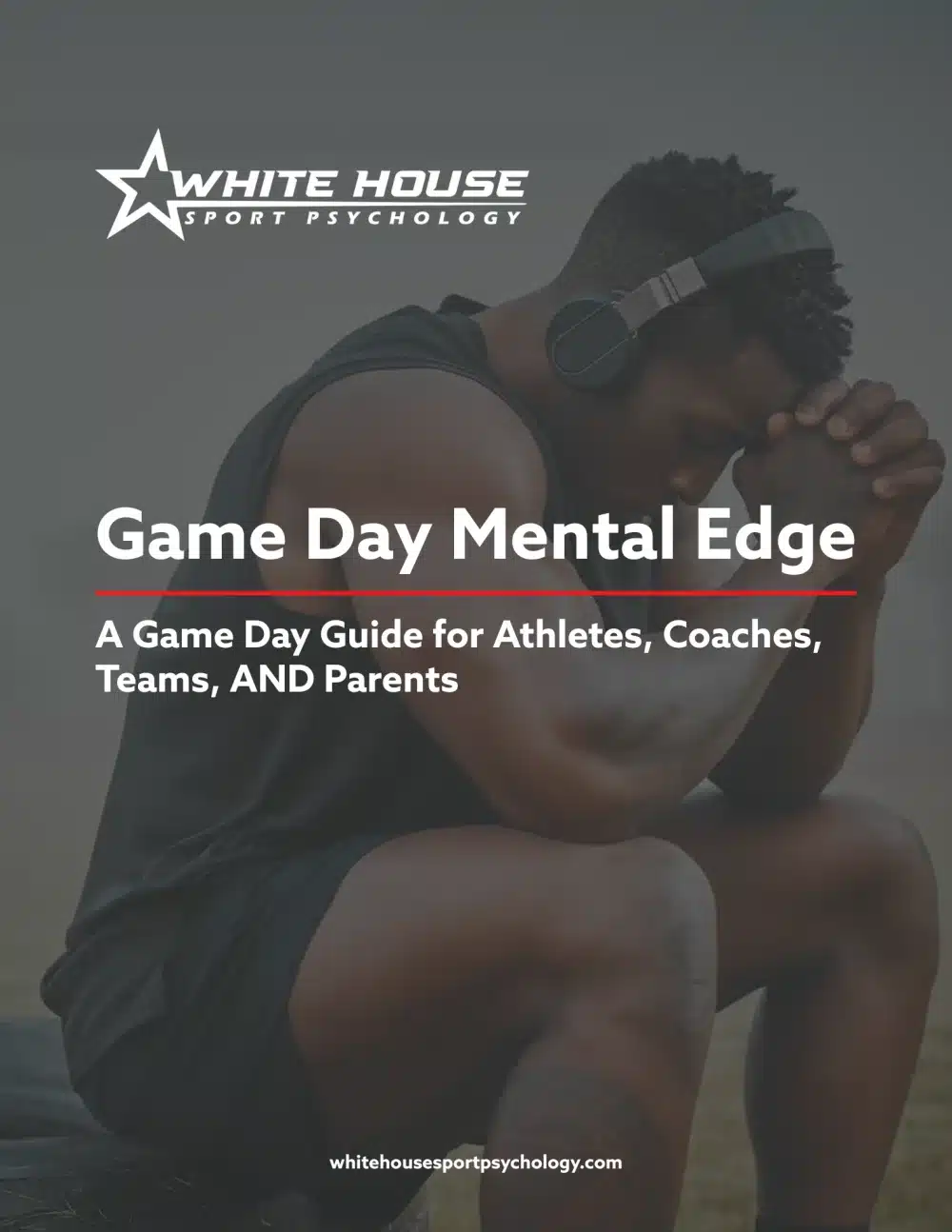At White House Sport Psychology, we’re all about helping athletes excel both on and off the field. But sometimes, figuring out what kind of support you need can be a bit confusing, especially when choosing between counseling and sport psychology. Both play important roles in mental health and performance, but they’re not the same.
Below, we break down the differences between counseling and sport psychology to help you understand which might be the best fit for your needs. Whether you’re looking to tackle personal challenges or boost your athletic performance, we have the insights you need to make the right choice.
Understanding Counseling
Counseling is about helping you navigate life’s ups and downs, focusing on addressing emotional and psychological challenges. Think of it as a supportive space where you can talk through your personal struggles and get guidance on managing them.
Whether it’s anxiety, depression, or just feeling overwhelmed, counseling aims to provide relief and support for a range of issues in the realm of general mental health and wellbeing.
Counseling often involves approaches and techniques like talk therapy, where you and your counselor discuss your thoughts and feelings to gain insight and resolve issues. Acceptance and Commitment Therapy (ACT) is a common counseling technique that helps you identify and address challenging thoughts and emotions so that you can make sound decisions and engage in meaningful behaviors.
So, how do you know if counseling might be the right fit for you? If you’re experiencing emotional distress, personal struggles, or find it hard to cope with daily life, counseling could offer the support you need. It’s a good option if you’re looking for a way to understand your daily experiences, thoughts, and feelings while also receiving strategies to handle them more effectively.
Understanding Sport Psychology
Sport psychology is about helping athletes reach their peak performance by focusing on the mental aspects of their sport. It’s like having a mental coach who helps you tackle challenges specific to sports, such as performance anxiety, motivation, or perfectionism. The goal is to enhance your mental game, improving your overall performance and results.
Regarding approaches and techniques, sport psychology often uses methods like mental imagery. Many athletes use mental imagery to improve performance because rehearsing scenarios in their mind helps them enhance the mind-body connection and muscle memory.
Refocusing techniques like the “reset button” and relaxation/calming strategies like “chimney breathing” help you control your mind and body’s reaction to mistakes and other stressful situations. Other performance-enhancing strategies commonly used to boost your mental game include concentration skills, grit and resilience training, and learning how to develop a “next play” mentality.
So, how do you know if sport psychology is what you need? If you’re facing performance challenges, feeling stuck, or simply want to improve your mental game, sport psychology could be a great fit. It’s ideal if you’re looking to fine-tune your mental skills, overcome obstacles, and maximize your potential in sports.
Key Differences Between Counseling and Sport Psychology
When it comes to counseling and sport psychology, the main differences lie in their focus and goals. In general, counseling focuses on diagnosable emotional and personal issues, such as anxiety, depression, or relationship problems.
On the other hand, sport psychology zeroes in on the mental side of athletic performance. It prioritizes the goal of enhancing your game by working on specific aspects like performance anxiety, motivation, and mental skills.
As for the target audience, counseling typically focuses on those facing broader mental health issues or personal struggles, regardless of their involvement in sports. Sport psychology, meanwhile, is tailored for athletes who want to improve their mental game, their performance, and their life by addressing their sport-specific challenges and goals.
How to Choose the Right Option for Your Needs
Choosing between counseling and sport psychology can feel a bit overwhelming, but breaking it down into a few simple steps can make it easier.
First, assess your goals. Ask yourself if you’re looking for support with general mental health issues or if you’re focusing on specific performance-related challenges.
If you want to improve your overall mood or address issues that are more personal or emotional in nature, counseling might be the way to go. On the other hand, if you’re an athlete looking to enhance your game and overcome performance barriers, sport psychology is probably a better fit.
Next, evaluate your current situation. Think about your personal needs and challenges. Are you struggling with everyday life? Or are you facing specific issues related to your sport, like performance anxiety or motivation problems?
Finally, don’t hesitate to consult with professionals. Talking to a counselor or a sport psychologist can give you valuable insights. By discussing your specific needs, you can make a more informed choice about which option will be the best fit for you.
How White House Sport Psychology Can Help
At White House Sport Psychology, we understand that athletes often need a blend of mental health support and strategies to boost their athletic performance. While traditional counselors do amazing work addressing emotional and personal issues, our focus is highly specialized—we work specifically with athletes to help them thrive both mentally and athletically.
Our unique approach combines elements of counseling with sport psychology techniques, giving you the best of both worlds. If you’re facing personal challenges like stress or anxiety, we integrate mental health strategies into our work to ensure you’re mentally strong both in and out of sport.
If your main goal is to boost performance, we’ll apply sport-specific methods like mental imagery, focus and concentration training, or exercises designed to build your mental resilience.
By working with White House Sport Psychology, you get personalized support tailored to your needs as an athlete. Whether you need a mix of mental health and performance help, or a pure focus on sport psychology, we’re here to guide you. You’ll benefit from specialized insights designed to address your unique pressures and challenges as an athlete.
Ready to see how we can help you? Getting started is easy. Just schedule a consultation so we can discuss your specific needs and goals. From there, we can explore the best ways to support you, helping you reach your full potential and feel your best!

